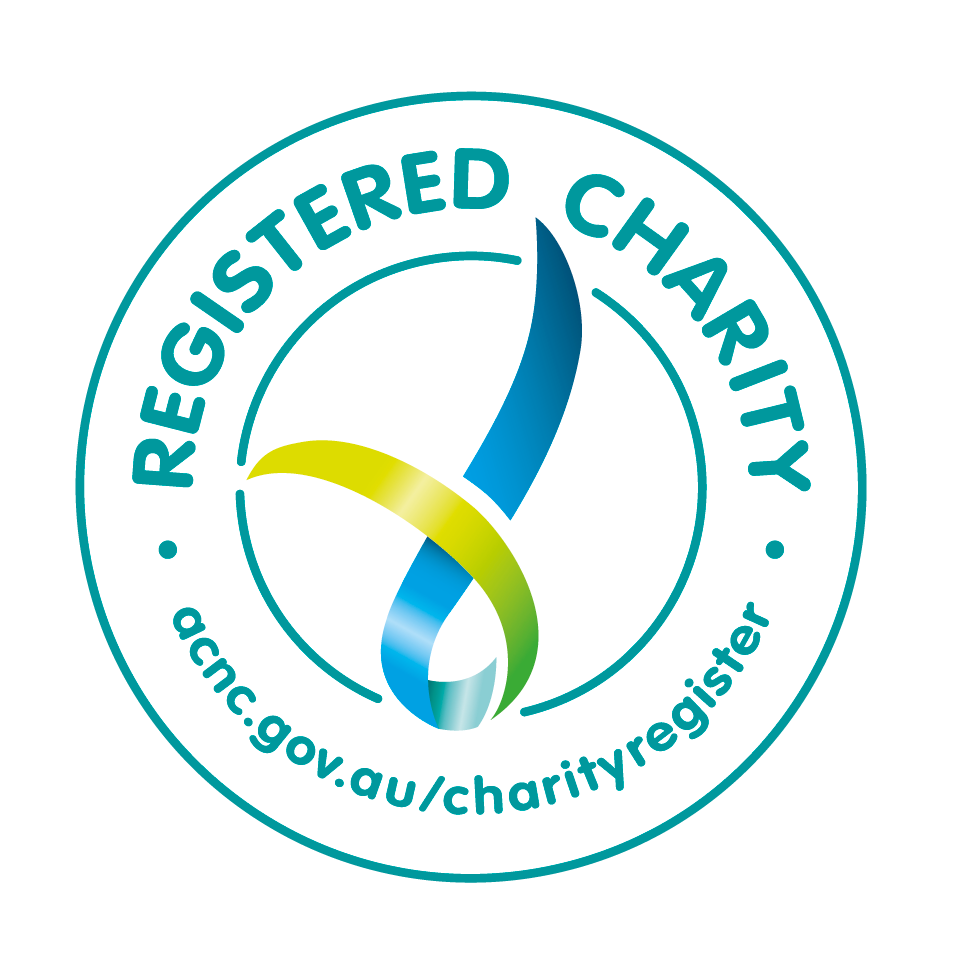You know those times when you really want to do the right thing but you have that creeping feeling that maybe, you’re not?
Or when you’re writing a piece of copy for a client and you really want to show what a great job they’re doing, but you worry they may be part of the problem?
Most of us know that global warming is affecting us now and we need to reach zero greenhouse gas emissions by 2035..
But the nitty-gritty of navigating marketing and communications in a way that supports the transformation can be really frickin complicated.
What is greenwashing?
Based on the concept of corporate whitewashing of facts, ‘greenwashing’ was coined by New York environmentalist, Jay Westerveld to describe a disproportionate or deceptive use of environmental claims. Do you know those cards in hotels that ask you to reuse your linen? He found that the hotels were actually trying to save money – not the environment.
Around the world, greenwashing has landed businesses in court, including Fiji Water, Chevron, BP, Volkswagon and Nestle Waters Canada.
In Australia, greenwashing is picked up via complaints to the Advertising Standards Board under the Environmental Claims Code. Ad Standards can demand an ad is removed if it goes against the code, but even it gets confused.
Recently it ruled that gas giant Santos could claim that using more gas equals “more blue skies and cleaner air”. This is despite the fact that methane from gas is a major cause of global heating and twenty times worse for the atmosphere than carbon dioxide. Funny definition of ‘clean’.
No wonder that many of us have unwittingly greenwashed while thinking we were actually promoting things that were good for the planet.
So, how do we promote the good deeds and products while not deceiving the public?
Here’s five climate greenwashing pitfalls to watch for.
Greenwashing by omission
When you’re promoting a green initiative by a company, ask yourself, ‘what is its main business?’ What does it spend most of its capital on? Where do most of its profit come from? Does it have a concrete plan to meet the Paris goals? If it’s main business is fossil fuels, unsustainable agriculture, fast-fashion or transport, you may have a problem.
We want genuine companies to be proud of the steps they are taking to stop greenhouse gas pollution. But they shouldn’t be making grandiose claims if those steps only represent 3% of all their operations and the other 97% is actually causing more pollution. Be honest and transparent.
Greenwashing by branding
This is one of the most widespread and subtle forms of greenwashing. Companies that are producing high emissions continually present themselves with words and images of nature and sustainability. BP is one of the world’s biggest polluters but its logo looks like a flower.
The Minerals Council of Australia’s ‘climate action plan’ has no promises to cut emissions but it is a lovely shade of green and has images of solar panels and wind turbines. Green branding is dangerous because it’s so high level it rarely makes any claims that can be challenged.
Greenwashing by association
Fossil fuel companies and high polluting industries have more money than anyone and they sponsor everything from football teams to cultural events, kids sports, school programs, and scientific research. They give to charities, political parties, Aboriginal groups, hospitals, community centres, universities, women’s groups, Instagram influencers, journalism projects, and even help governments respond to COVID-19.
Does this excuse them for destroying our right to a safe and healthy future? No. Accepting money from polluters is allowing them to launder their reputations. By accepting their money, you allow them to keep their social licence and carry on doing damage.
Greenwashing by misappropriation
Tricky language is rife in greenwashing. Have you ever used the term ‘natural gas’? It’s natural, so it can’t be bad, right? Wrong. Is one of your clients an ‘energy company’? Most ‘energy companies’ dig up and burn fossil fuels for profit and are our biggest polluters. These companies routinely corrupt the concepts of progress, responsibility, economic sustainability, our way of life and even what it means to be Australian. Try to not help them.
Greenwashing by comparison
Are you saying the product is greener and cleaner? What’s it being compared with? Is it good in some ways but terrible in others? A nuclear power station is better for air quality than a coal-fired power station, but you probably don’t want one in your street. Organic cigarettes still cause cancer. You get the idea.
Don’t beat yourself up if you’ve done some of these things yourself. We all have. Our economy was built on unsustainable practices and the profits have allowed organisations to build incredibly influential power and narrative structures over many, many decades.
Originally posted on TrinityP3




